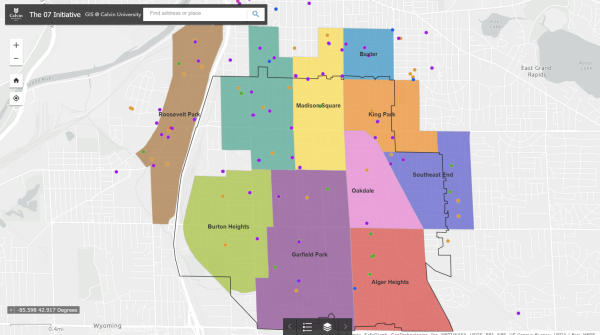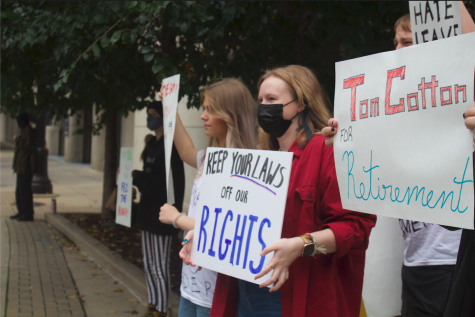Michigan House passes bills requiring drug tests, school attendance for welfare
The Michigan House has approved measures that would deny welfare benefits to recipients with truant children or recipients who fail drug tests. Both bills (House Bill 4388 and 4118, respectively) were passed by the Republican-dominated House by wide margins, and will advance to the Senate, also controlled by Republicans.
Both bills were for the family assistance program, which provides cash assistance to many lower-income families. Neither bill would apply to food assistance programs, and the changes could be implemented in just a few counties at first as a trial before being adopted across the state.
House Bill 4388 would put into practice in Michigan a policy instated by the Department of Human Services in October that disqualifies families from state welfare programs if the children regularly fail to attend school. The bill passed the House 78-32, primarily on Republican support.
Representative Ken Kurtz, who chairs the committee which introduced the bill to the House, says that he believes the bill speaks to a firm belief in accountability in welfare programs, which proponents have echoed. The goal of the bill is to ensure that recipients of welfare progress to self-sufficiency, proponents argue.
In the committee phase of the bill, several amendments were proposed by Democrats, including one which would remove only the non-compliant child’s funding, rather than all funding. The representative who proposed the amendment, Marcia Hovey-Wright, argued that the bill otherwise unfairly penalizes siblings of non-compliant students, even if those students do attend school regularly.
“I agree we have to break the cycle of poverty,” Hovey-Wright said. “But I’m not sure that putting a family further into poverty does that.”
Other proposed amendments included provisions that the state work to examine and attempt to resolve attendance issues before cutting off funding, as well as exemptions for illness or special circumstances and an appeal process, all of which are similar to the DHS’s policy. Both proposed amendments were rejected by the Republican majority on the committee.
Proponents of the bill disagree that the bill is overly harsh, pointing out that it does not permanently eliminate benefits, allowing parents to re-enroll if they can prove three straight weeks of attendance by the offending children. They also point to the way the bill focuses on the importance of education in combating poverty as evidence that the bill is fundamentally altruistic, not punitive.
House Bill 4118 would require suspicion-based drug testing for welfare recipients, and passed the House 77-33. Although a similar bill was passed by the House last year and died in the Senate, this bill is expected to at least be considered by the Senate.
The bill does have a variety of provisions, including exemptions for first-time attenders who attend treatment at a regional substance abuse coordinating agency. The state would pay for the cost of the tests for anyone who didn’t test positive, which could actually lead to the program costing the state if it didn’t make back the difference in savings on benefits.
Democrats once again attempted to attach amendments to the bill, including one that would require legislators to be subject to suspicion-based drug tests, but they were rejected. Other Democrats have criticized the bill for punishing children whose parents used drugs, and Hovey-Wright called it a continuation of the “Republican war on the poor.”
The bill has been criticized from other directions as well. Republican representative Tom McMillin voted against the bill because he is opposed to the government collecting DNA from individuals not accused of crimes.
Proponents of the bill argue that it will prepare welfare recipients for job interviews, which often require drug tests.
“I believe hard-earned tax dollars should be used efficiently,” said the bill’s sponsor, Jeff Farrington, on the floor of the House. “There are limited resources and those resources should go to those with highest need.”







